Leadership and Change: Setting Directions, Braving the Odds
This conference seeks to facilitate discussions related to leadership and change.
Leadership styles dictate the direction, administration, and management of an organization. Similarly, the combined will and ability of an organization's personnel determines the success of the institution. The talents and knowledge of personnel, with proper training and experience, are honed under the guidance of a leader.
Change, in any guise or form, ultimately affects the leadership and management of any organization. This change can be political, social, environmental, technological, or economic in nature. Since change is inevitable, it is only proper to analyze and prepare for the things to come.
The conference aims to highlight how leadership and change affect librarians and libraries, from the most mundane to the most complex facets of library and information practice today. The sub-themes for the conference are:
Leadership
Conceptual papers on the theory of leadership and various leadership/managerial functions and how these impact today's libraries and information centers.
A. Management and Leadership
Leadership styles dictate the direction, administration and management of an organization. Papers in this sub-topic will deal with best practices, as well as the applications and effects of different leadership styles in the library. These include its impact on the various aspects of management.
B. Responsive Leadership
There is increased awareness about the needs of differently abled clientele for information in a knowledge-driven society. This sub-topic will focus on how librarians respond to these demands, either through technology or through employee engagement and empowerment.
C. Communicating Change
Communication is a vital component of leadership. The ability to effectively and efficiently communicate greatly affects how objectives, plans and changes are implemented. Different communication styles likewise affect how change is achieved and accepted in the various levels of the organization.
D. Leadership and Mentoring
People are the jewels of an organization. The combined will and ability of the personnel, that is; to provide efficient service, determines the success of the institution. These talents and knowledge, with proper training and experience, are honed under the guidance of a leader. This sub-topic will showcase best practices in organizational development as applied in libraries, particularly, how various approaches and leadership techniques were implemented leading to the growth and development of library personnel.
Change
There are numerous factors that affect leadership and management of in organizations. These can be further classified into the following categories:
A. Political
Librarianship, a regulated profession in the Philippines, is affected by various legislations and guidelines set by various regulatory boards and government agencies. This sub-theme will examine the effects of this particular factor to Philippine librarianship.
B. Economic
Finance and economic matters affect various aspects of management. The economic crises experienced throughout the world has likewise brought challenges to libraries, specifically, surviving a financial crunch and budget cut. Papers in this sub theme will demonstrate how libraries mitigate the effects of financial crises and overcome or adapt to the new status quo.
C. Social
Librarians, as social beings, are affected by social factors such as beliefs, religion, education, etc. Papers on this sub-theme will highlight how these social factors impact librarians.
D. Technological
Technological advances have definitely transformed how information is requested, distributed and consumed. The challenge for librarians is to find means of properly integrating and accommodating these changes in the use of information in various formats. Papers on this sub-theme will bring together experiences of information professionals as they change traditional practices, considering these technological developments.
E. Environmental
Librarians must be able to anticipate, deal, and minimize, the effects of severe environmental changes and calamities to their institutions and collections. The creation of Disaster Risk Reduction plans for the library is already a necessity. Papers on this sub-theme will explore best practices on the creation, implementation, and evaluation of disaster risk reduction plans as applied in libraries.


